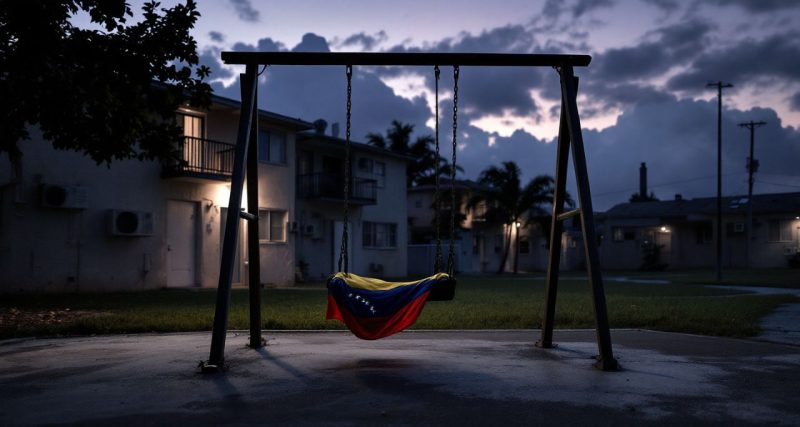A Sudden Shift in the American Promise

On a gray Monday morning in Washington, the Supreme Court handed down a decision that will reverberate through immigrant communities for years to come. In a brief but seismic order, the justices allowed the Trump administration to revoke Temporary Protected Status (TPS) for hundreds of thousands of Venezuelans, stripping away a lifeline that had, for many, become the foundation of their American lives. The ruling, which came over the dissent of Justice Ketanji Brown Jackson, immediately set off waves of anxiety and protest from coast to coast, especially in places like Miami and Houston, where Venezuelan families have built new roots.
The Legal and Political Backdrop
TPS is not a household acronym, but for those who depend on it, it means everything. Created by Congress in 1990, the program allows the federal government to grant temporary legal status and work permits to people from countries wracked by war, natural disaster, or other extraordinary crises. In 2021, the Biden administration extended TPS to Venezuelans, citing the humanitarian collapse under Nicolás Maduro’s regime. That move protected more than 350,000 Venezuelans from deportation and allowed them to work legally in the U.S..
But the Trump administration, newly returned to power, saw things differently. Homeland Security Secretary Kristi Noem moved swiftly in February to rescind the extension, arguing that the program was “contrary to the national interest.” The administration’s legal team insisted that the law gives the executive branch broad discretion to both grant and revoke TPS as it sees fit. When a federal judge in California blocked the move—citing concerns about racial animus and the risk of “irreparable harm” to families—the Trump administration appealed all the way to the Supreme Court. On May 19, the justices sided with the administration, setting aside the lower court’s injunction and opening the door to mass deportations.
The Human Toll: Stories from the Edge
I remember sitting in a crowded Venezuelan bakery in Doral, Florida, just a few months ago, listening to families talk about their hopes for the future. Many had fled violence, hunger, and political persecution, arriving in the U.S. with little more than a suitcase and a dream. For them, TPS was not just a bureaucratic label—it was a promise that America would not turn its back on those in need.
Now, that promise feels broken. Daniel Oropeza, a TPS holder whose story was recently featured on CNN, described the fear that has crept into daily life: “You stop doing things that you normally did before because you don’t know for certain if in a couple of weeks you’re going to be able to remain in the country.” The anxiety is palpable, especially among parents whose children are U.S. citizens and now face the prospect of family separation.
The Political Fallout
The decision has already become a flashpoint in the 2024 campaign, especially in Florida, where Venezuelan voters have been a key swing demographic. Billboards have sprung up in Miami, accusing local Republican leaders of betraying their constituents. “Deporting good immigrants back to dictatorships is cruel,” reads one ad, a pointed rebuke to lawmakers who supported the administration’s move.
The ruling also exposes a deep rift within the Republican Party. While Trump has long denounced Maduro’s regime and championed the Venezuelan opposition, his decision to end TPS for Venezuelans has left many in the community feeling abandoned. According to a recent Pew survey, Latino disapproval of Trump’s handling of immigration has surged, even as he made gains with the demographic in the last election.
What Happens Next?
For now, the legal battle is not over. Litigation will continue in lower courts, and advocacy groups like the National TPS Alliance are vowing to fight on. But the immediate effect is clear: more than 350,000 Venezuelans are at risk of losing their legal status and work permits, with deportations potentially beginning as soon as this summer. The economic impact will ripple outward, affecting not just families but also the businesses and communities that depend on them.
The State Department, for its part, has reissued an “extreme danger” travel advisory for Venezuela, warning Americans not to travel there due to the risk of wrongful detention, torture, and civil unrest. Yet, for thousands of Venezuelan families, that is now the only option on the table.
A Personal Reflection
As someone who has covered immigration for years, I’ve seen how policy decisions made in distant courtrooms can upend lives in an instant. The Supreme Court’s ruling is a stark reminder that, in America, the line between security and uncertainty is often razor-thin. For the Venezuelan families now facing deportation, the American dream has never felt more fragile—or more worth fighting for.
